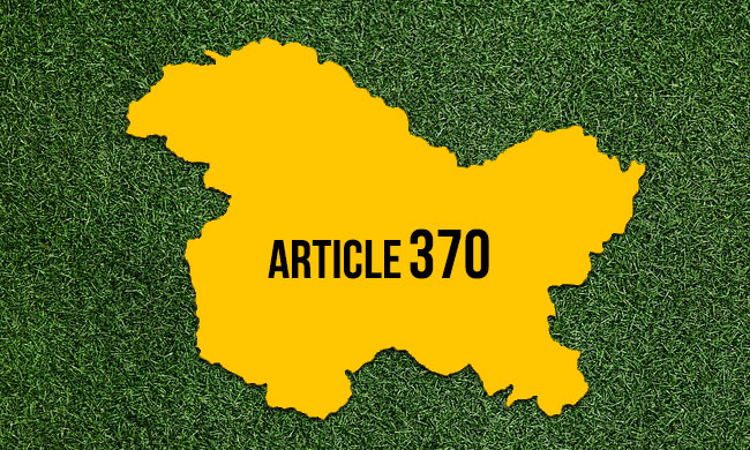Ten States In Addition To J&K Have Special Provisions Under Constitution
LiveLaw Research Team
6 Aug 2019 8:50 AM IST

Next Story
6 Aug 2019 8:50 AM IST
The order issued by President Ram Nath Kovind on Monday invoking Article 370(1) of the Constitution to effectively take away the special status of Jammu and Kashmir has taken the nation by surprise.While debates on the legality and propriety of the Central Government move are going on, it is pertinent to note that J&K is not the only state which has special provisions under...
